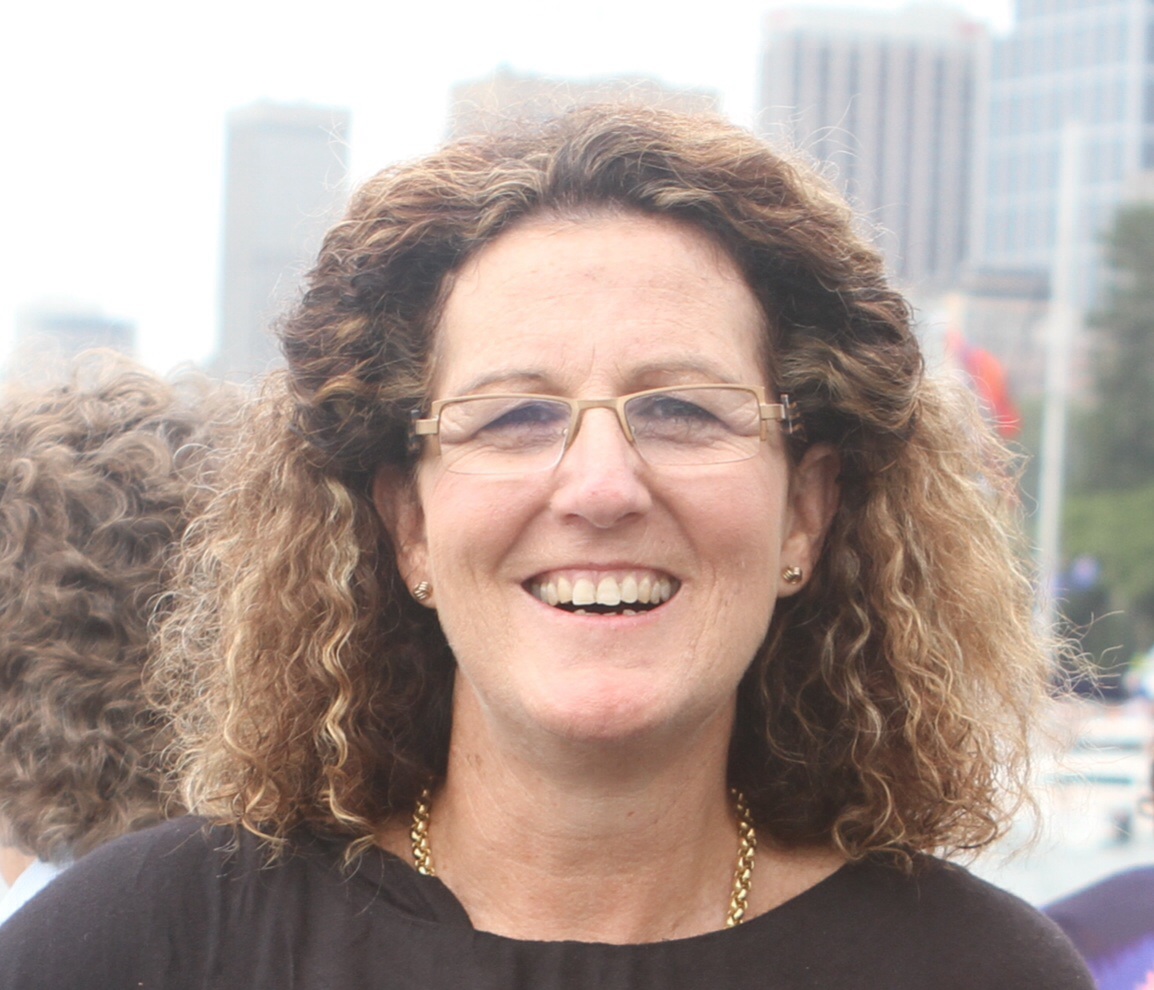Identifying Shortcomings and Variation in the Diagnosis of Colorectal Cancer Patients (#307)
Background
The introduction of FOBT, an ageing population and community awareness of colorectal cancer has increased the demand for diagnostic colonoscopy. Rectal cancer increasingly demands preoperative neoadjuvant treatment. The aim of our study was to identify variations and shortcomings during the diagnostic and pre-treatment phase of patients with colorectal cancer.
Methods
Patients who had elective colorectal cancer surgery, admitted to JHH/BDH were identified from the prospectively maintained General Surgery database for the period between 1/7/2012 and 31/12/2012. First presentation was identified as the date of the GP referral letter or if the patient's first presentation to ED. Four locations for first consultation with an endoscopist were identified: private rooms in Greater Newcastle, JHH outpatients, JHH emergency and other. Colonoscopies were performed in 5 locations (JHH OT, JHH Endoscopy, BDH OT, CMH OT and peripheral public hospital OTs). Definitive treatment was defined as surgery or the commencement of neoadjuvant therapy.
Results
There were 115 patients identified. Median (mean) time from symptoms to treatment was 130 (168) days. Median waiting time from referral to endoscopist appointment was 33 days, but varied from 6.5 to 36 depending on the endoscopists location. Median time from request for colonoscopy to colonoscopy being undertaken was 29 days, ranged from 10 to 68 days depending on location of colonoscopy. Median time from colonoscopy to definitive treatment was 42 days, ranged from 28 to 55, depending on treatment type.
Conclusion
The median time from first presentation to definitive treatment falls outside recommended guidelines (60-days). The pathway from first presentation to treatment for elective colorectal cancer patients varies significantly depending on the location of the endoscopist, the site of the colonoscopy and the need for neoadjuvant treatment. The information from this study has identified the need to change the current model to reduce the diagnostic phase of colorectal cancer.
 COSA 2013*
COSA 2013* 